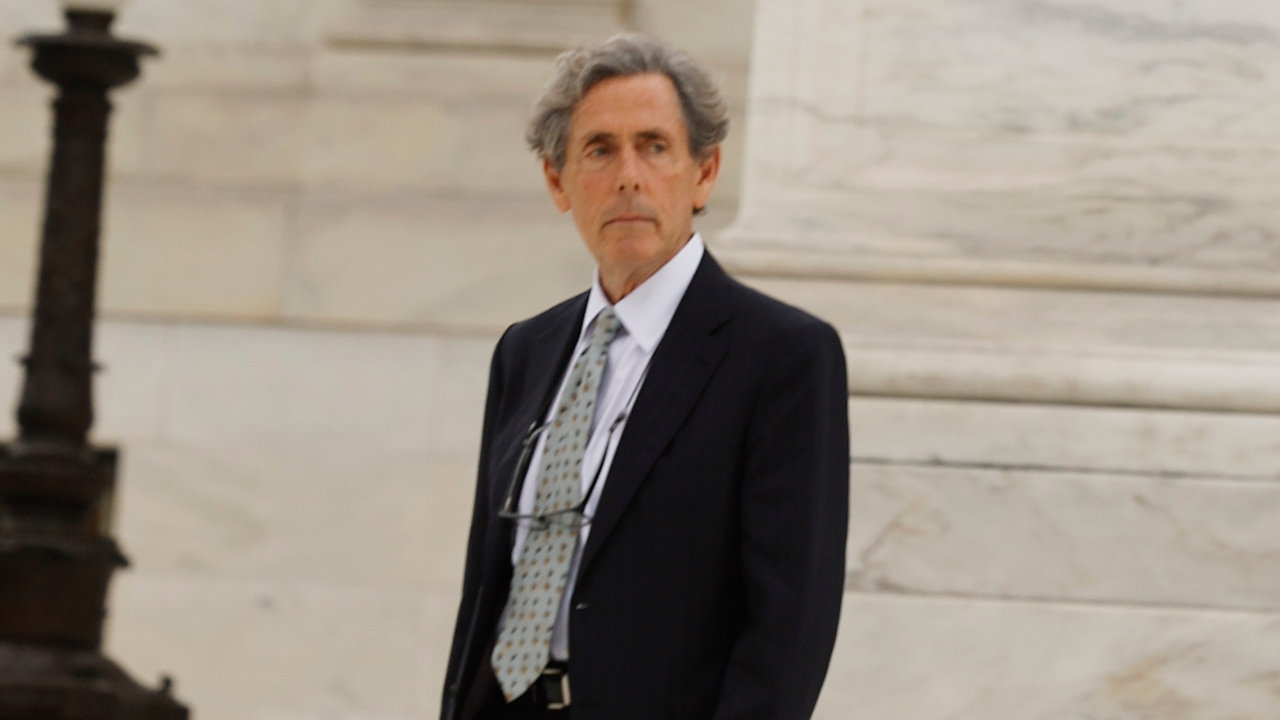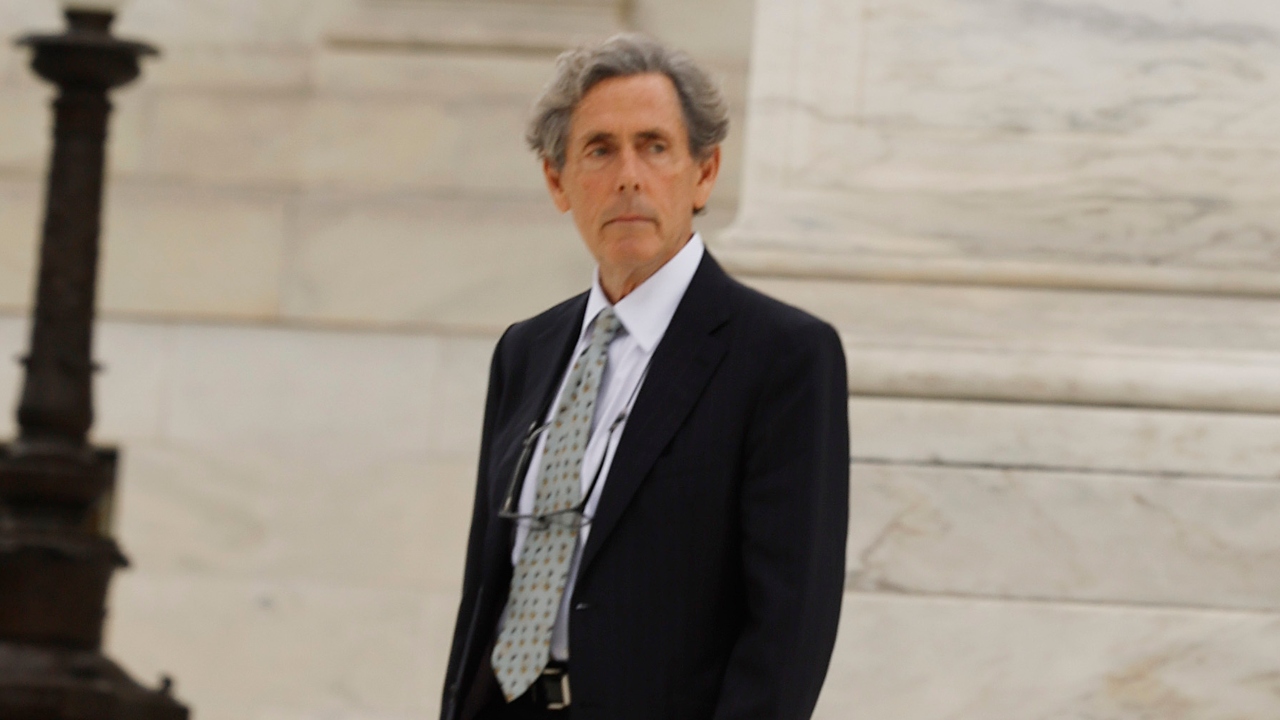Elite law firms sued for diversity initiatives
The legal actions are an extension of Edwards Blum's broader campaign to use Section 1981 of the Civil Rights Act of 1866 to undermine diversity initiatives in the private sector.
The conservative activist who spearheaded the Supreme Court’s decision to invalidate affirmative action in college admissions is bringing legal action against two corporate law firms over fellowship programs designed to promote diversity.
Edward Blum is the president of the American Alliance for Equal Rights, which on Tuesday filed cases against Perkins Coie in the Northern District of Texas in Dallas and Morrison & Foerster in the Southern District of Florida in Miami. According to The Washington Post, the complaints call for the termination of the law firms’ initiatives because they disqualify candidates based on race.
AAER claims that Perkins Coie and Morrison & Foerster infringe on the Civil Rights Act of 1866 provision that forbids racial discrimination in contracts.

“Excluding students from these esteemed fellowships because they are the wrong race is unfair, polarizing and illegal,” Blum said in the Post. “Law firms that have racially exclusive programs should immediately make them available to all applicants, regardless of their race.”
Two funded fellowships for first- and second-year law students are at the center of the complaint against Seattle-based Perkins Coie, which has more than 1,200 attorneys working for it in the United States and Asia. The complaint alleges that the fellowships’ restrictions for students of color, LGBTQ+ individuals, and students with disabilities constitute racial discrimination.
Perkins Coie established the fellowship for first-year students in 1991 to create “legal communities that accurately reflect the rich diversity of our communities,” according to the company’s website. In 2020, the company established the second-year student fellowship program.
So, the complaint contends, “between two heterosexual, non-disabled applicants — one Black and one white — the latter cannot apply based solely on his race,” which violates Section 1981 of the Civil Rights Act of 1866.
A Perkins Coie spokesperson told the Post the company will fight the lawsuit.
More than 1,000 attorneys work for the San Francisco-based firm Morrison & Foerster, which also has offices across Asia, Europe, and the U.S. AAER’s lawsuit alleges that the firm’s Keith Wetmore 1L Fellowship for Excellence, Diversity, and Inclusion, established in 2012, excludes specific candidates based on their skin color.
The fellowship for first-year law students includes a paid summer associate position, support from a group of lawyer mentors, plus a fellowship award of $25,000 if the student completes the entire summer program and an additional $25,000 if they return the following summer and accept a full-time position upon graduation.
“The law abhors racial discrimination,” the complaint against Morrison & Foerster reads. “The lawyers who help administer that law are supposed to abhor it too.”
The legal actions are an extension of Blum’s broader campaign to use the Civil Rights Act of 1866 to undermine diversity initiatives in the private sector.
AAER filed a racial discrimination case against Atlanta-based venture capital firm Fearless Fund in early August, theGrio previously reported. The case focuses on the Fearless Fund’s Fearless Strivers Grant Contest, which, in collaboration with Mastercard, provides Black women who run small businesses with $20,000 in grants, digital tools to help them grow their firms, and mentoring opportunities.
According to The Post, the American Bar Association reports that although Black people comprise roughly 14% of the population, they make up less than 5% of practicing attorneys — a percentage that has increased by less than 1% since 2010. Other ethnic groups make up around 10% of practicing lawyers.
Krissy Katzenstein, partner at Baker McKenzie, asserted that even before the Supreme Court decided on affirmative action, businesses’ DEI practices — whether inclusive hiring practices, employee affinity groups, or programs geared toward underrepresented groups — were under increasing pressure from internal and external critics. She noted that she has already received anecdotal indications of an uptick in legal claims of reverse discrimination.
Rutgers law professor Stacy Hawkins said what employers are doing now isn’t affirmative action. “Quite frankly, the most risky thing an employer can do is make any employment decision explicitly on the basis of race or gender,” she added, The Post reported.
TheGrio is FREE on your TV via Apple TV, Amazon Fire, Roku and Android TV. Also, please download theGrio mobile apps today!


